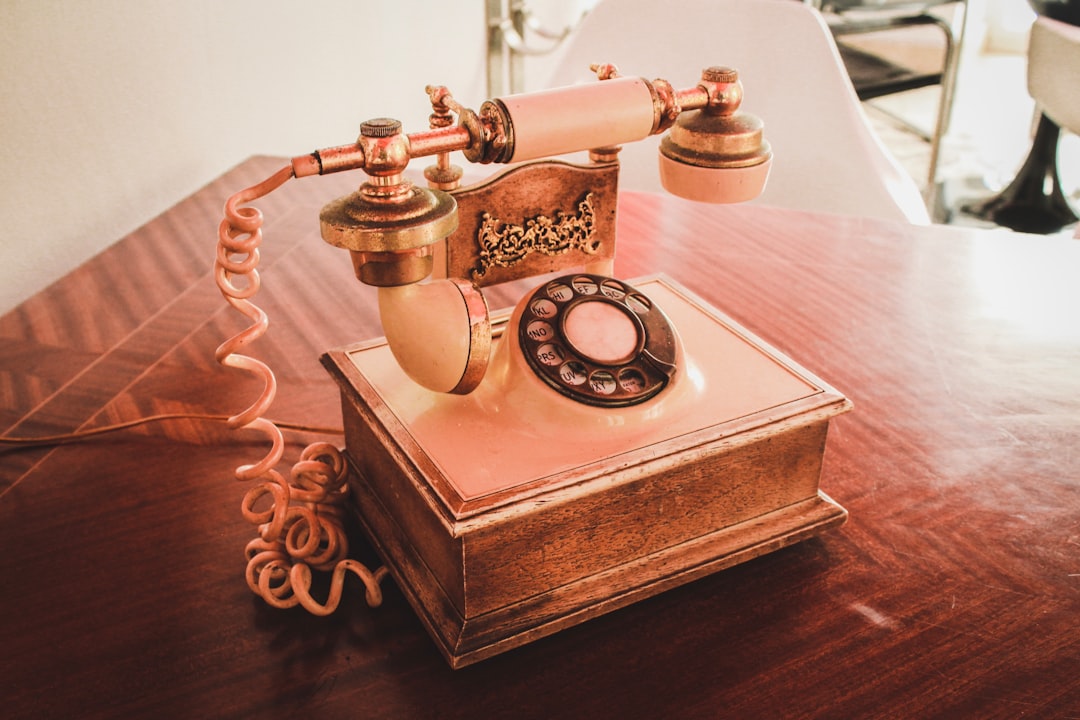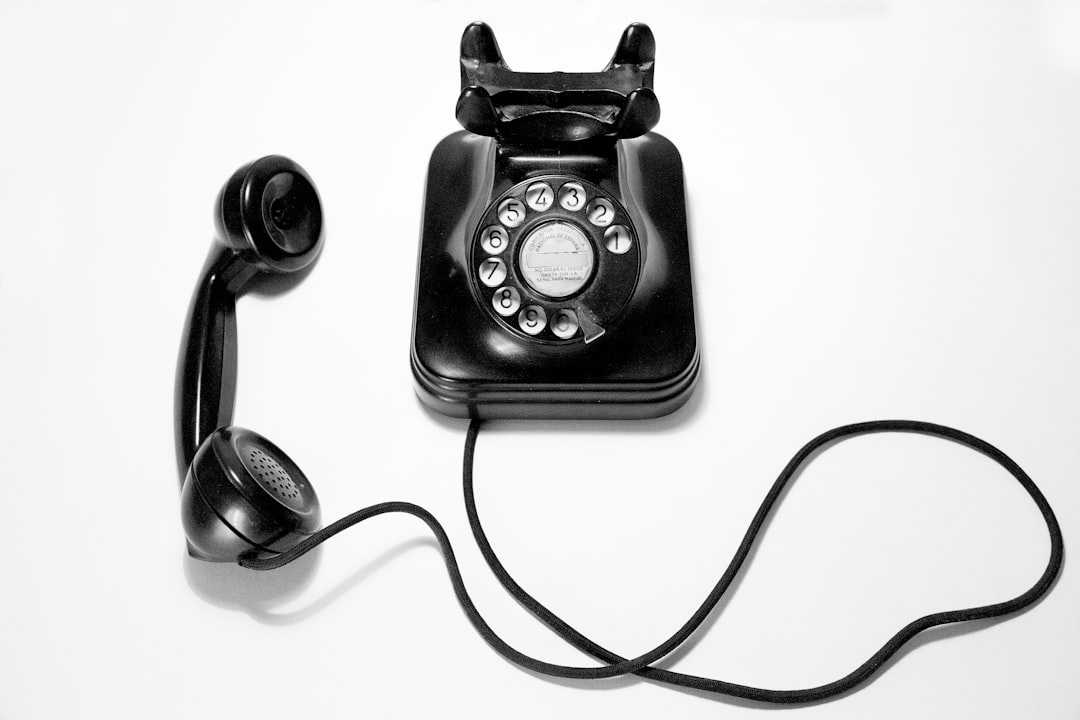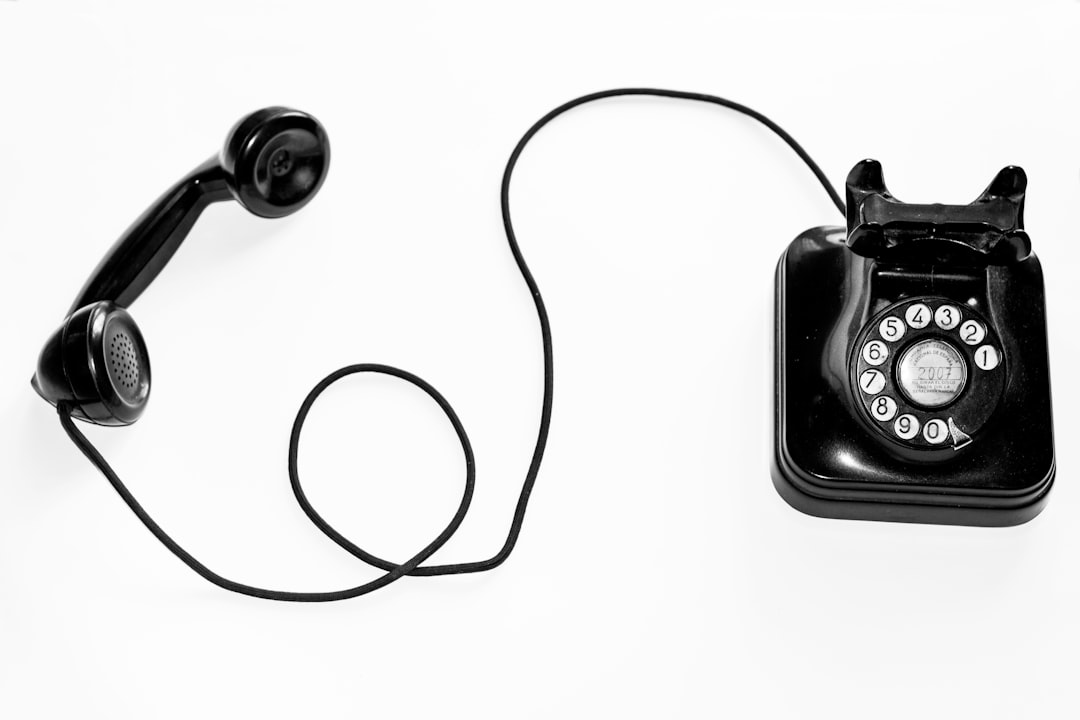Caller ID spoofing is a growing issue in Philadelphia, with scammers impersonating law firms and attorneys to trick residents into sharing personal data. To protect yourself, verify the authenticity of unexpected calls, especially from self-proclaimed "Do Not Call" lawyers or attorneys. Enroll in the National Do Not Call Registry, leverage Pennsylvania's state laws, and consult a reputable Do Not Call Lawyer for personalized help in blocking calls and taking legal action to safeguard your privacy.
In today’s digital age, a simple phone call can be more complex than it seems. Caller ID spoofing, a practice where calls display false information, has become a growing concern for Philadelphians. This deceptive tactic raises questions about privacy and safety, especially as scammers target residents with fraudulent offers or attempts to steal personal data. Understanding this issue is crucial, prompting us to explore its implications and available protections. This article aims to guide Philadelphians on how to identify spoofed calls and offers practical advice on safeguarding against these modern-day threats, including the role of ‘Do Not Call’ services and legal options with a Philadelphia-focused perspective.
What is Caller ID Spoofing? A Simple Explanation for Philadelphians

Caller ID spoofing is a technique used to deceive and mislead individuals by falsifying or hiding the original caller’s identity. It involves manipulating phone numbers displayed on a recipient’s Caller ID, often showing a different number or even an unknown source. In simple terms, it’s like someone sending a text message claiming to be from your bank when, in reality, they’re not. This practice has become more prevalent with advancements in technology, allowing malicious actors to easily mimic legitimate business or personal numbers.
For Philadelphians, being aware of such scams is crucial, especially when you receive unexpected calls from unknown sources. If you see a number on your screen that seems suspicious or doesn’t match any known contacts, it might be spoofed. This is particularly relevant when dealing with unwanted calls from law firms or lawyers, as some unscrupulous individuals use these tactics to trick people into thinking they have legal issues requiring immediate attention. As always, if you’re unsure about a call’s authenticity, remember that reputable law firms and attorneys in Philadelphia will not pressure you on the phone or demand immediate payment.
How Does Spoofed Calling Affect You as a Philadelphia Resident?

As a resident of Philadelphia, you might be familiar with the hassle of unwanted calls, but spoofed calling takes this to a new level. When your phone displays a fake number or name, it’s often used by scammers aiming to trick you into providing personal information or even money. This is especially concerning given the prevalence of “Do not call” laws in Philadelphia, designed to protect citizens from nuisance calls. However, with spoofing, these measures become less effective as calls can appear to come from legitimate sources, like a local law firm or attorney, as seen with the rise of “Do not call lawyers Philadelphia” and similar phrases.
This makes it crucial for Philadelphians to be vigilant. If you receive a call displaying a false identity, verify the source independently. Remember, reputable businesses and legal entities will not ask for sensitive information over the phone unless prompted by you. Protecting yourself from such scams not only saves you from potential financial losses but also contributes to the safety of your community, as these calls can be part of larger fraud schemes targeting Philadelphia residents.
Protecting Yourself: Legal Aspects and Resources in Philadelphia for Do Not Call Services

To protect yourself from caller ID spoofing, it’s essential to understand the legal aspects and available resources in Philadelphia. If you’re experiencing persistent unwanted calls, consider enrolling in the National Do Not Call Registry, a federal database that restricts telemarketing calls to registered numbers. In Pennsylvania, additional protections are offered through state laws, ensuring that your rights as a consumer are upheld.
For more tailored assistance, consulting with a do not call lawyer Philadelphia or a specialized do not call attorney Philadelphia is advisable. Reputable do not call law firms Philadelphia can provide guidance on blocking fraudulent calls and pursuing legal action if necessary. These professionals can help you navigate the complexities of caller ID spoofing and ensure that your privacy is protected under both state and federal laws.






